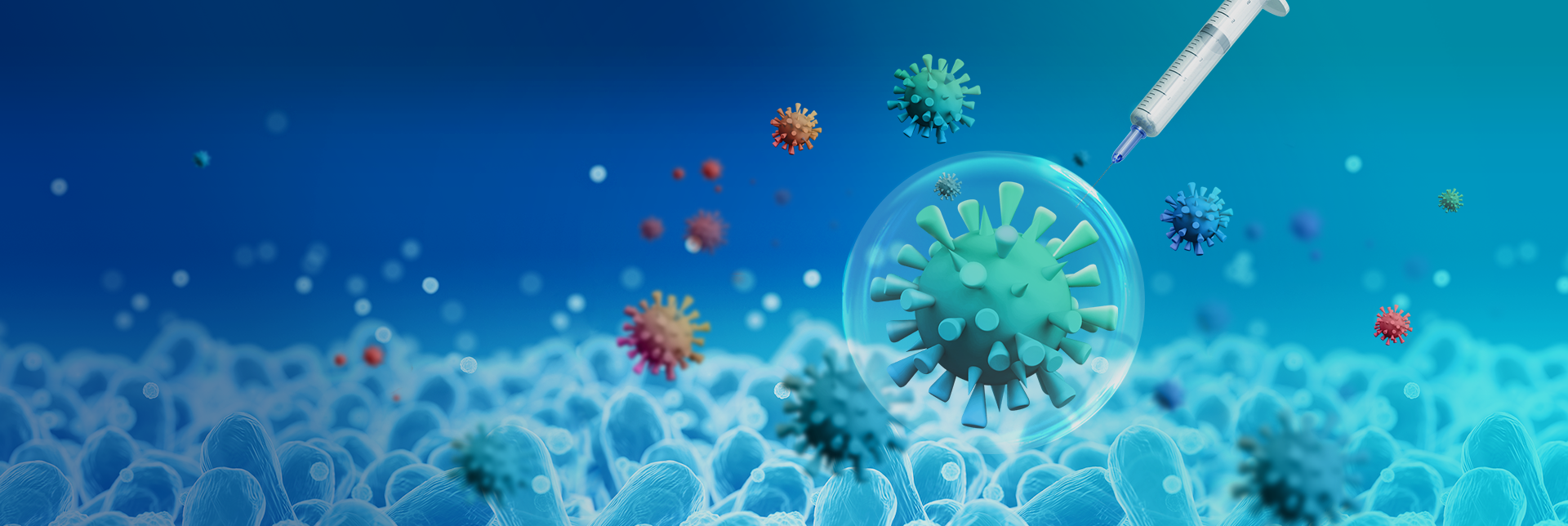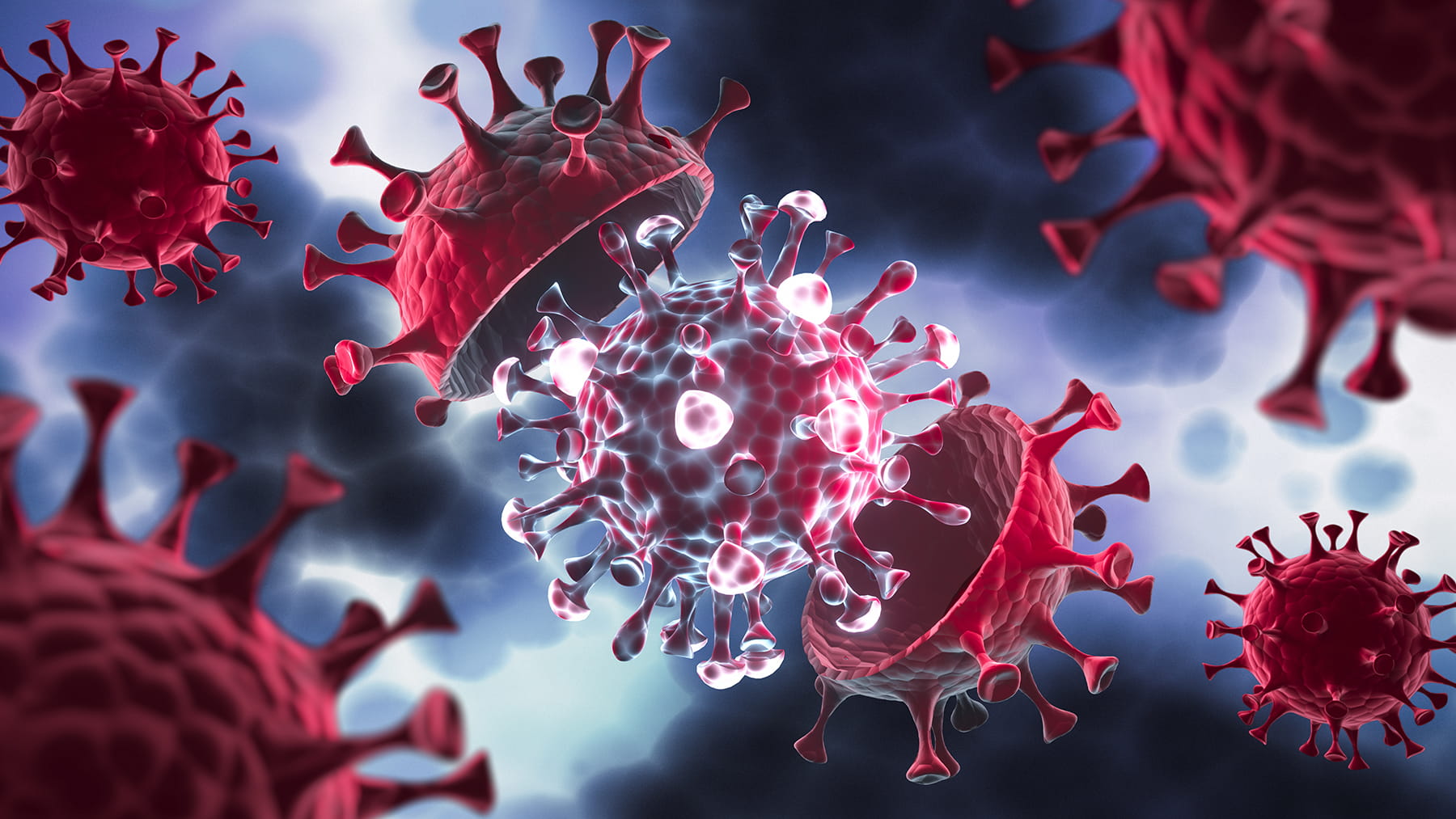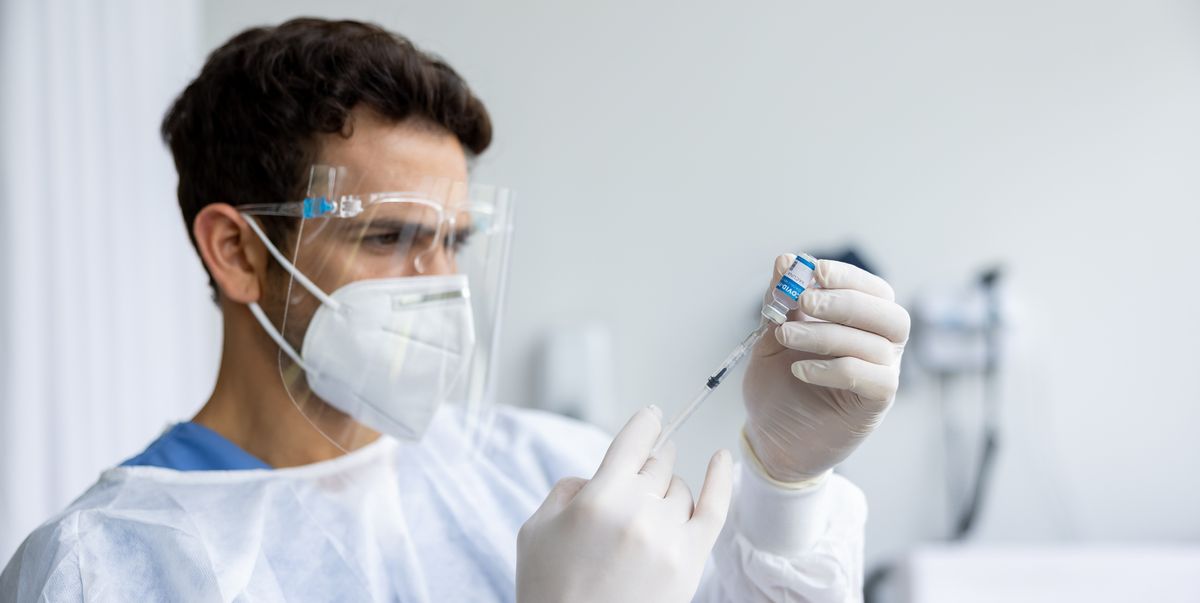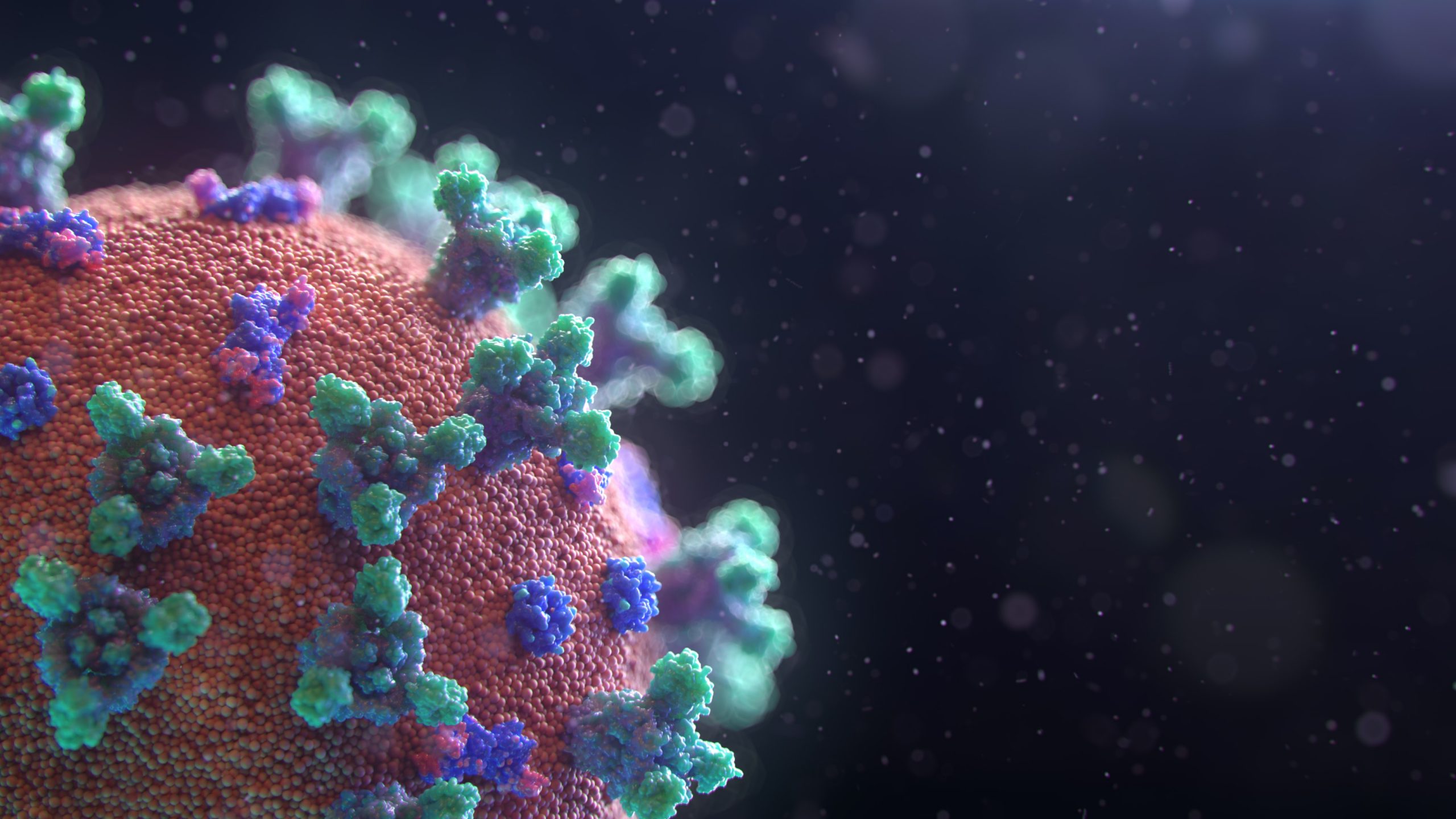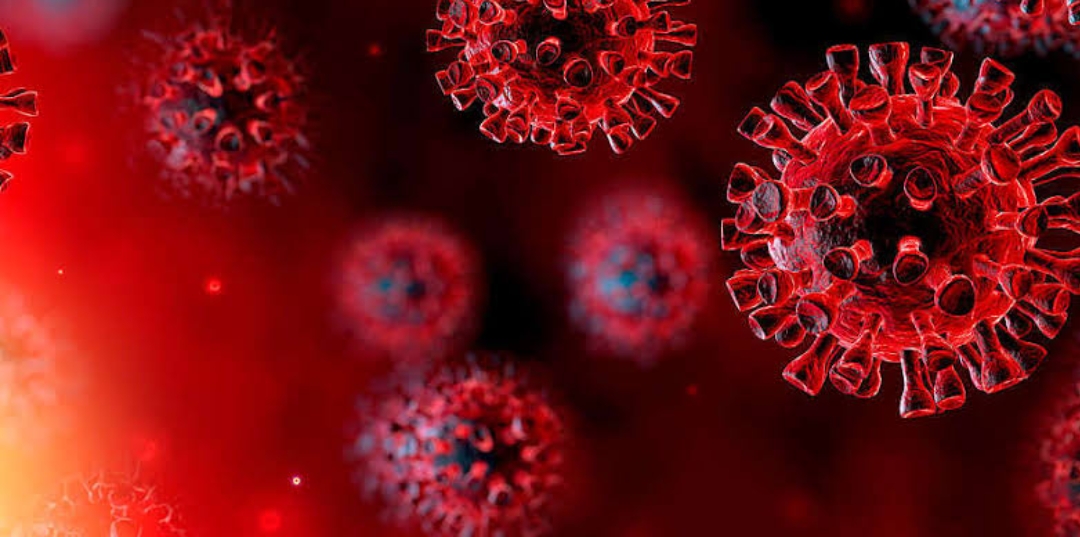
COVID-19 Vaccine Cocktail and COVID-19 Antibody Cocktail
Scientists from the United Kingdom and Russia have teamed up to test a combination of the Oxford-AstraZeneca and Sputnik V vaccines to see if it would improve safety against COVID-19. This is called COVID-19 Vaccine cocktail. The logic seems to be that combining two identical vaccines would result in a stronger immune response in people. Only trials, which are likely to be conducted in Russia for those over the age of 18, will validate the results. It would make sense to combine the two vaccines because they both use harmless viruses to bring the vaccine’s key component (a fragment of coronavirus genetic code) into the body. The hope is that by combining the two, greater or longer-lasting immunity to the virus can be achieved.
COVID-19 Antibody Cocktail
Another COVID-19 Vaccine Cocktail is underwork. But this is a COVID-19 antibody cocktail that works as a passive vaccine. REGEN-COV, an antibody cocktail developed by Regeneron Pharmaceuticals, is being tested as a passive vaccine to prevent COVID-19 infection in people at high risk of infection from household exposure. The trial is being performed in conjunction with the National Institute of Allergy and Infectious Diseases (NIAID), which is part of the National Institutes of Health in the United States (NIH).
In the 400 patients that could be tested, exploratory research revealed that the mixture prevented symptomatic infection 100 percent of the time. There was also a 50% decrease in overall infection rates, both symptomatic and asymptomatic. The lower number of infections in the cocktail population were all asymptomatic, with lower peak virus levels and shorter viral shedding periods, meaning that they were less likely to transmit the disease.
Standard antiviral drugs used to treat HIV and other viruses have previously shown that drug cocktails can avoid viral escape. The Phase 3 component of this study is still underway in non-hospitalized patients. COVID-19 Antibody Cocktail is also being tested in a Phase 2/3 clinical trial to treat COVID-19 in hospitalized patients, a Phase 3 open-label RECOVERY trial of hospitalized patients in the UK, and a Phase 3 trial to avoid COVID-19 in infected individuals’ household contacts.











